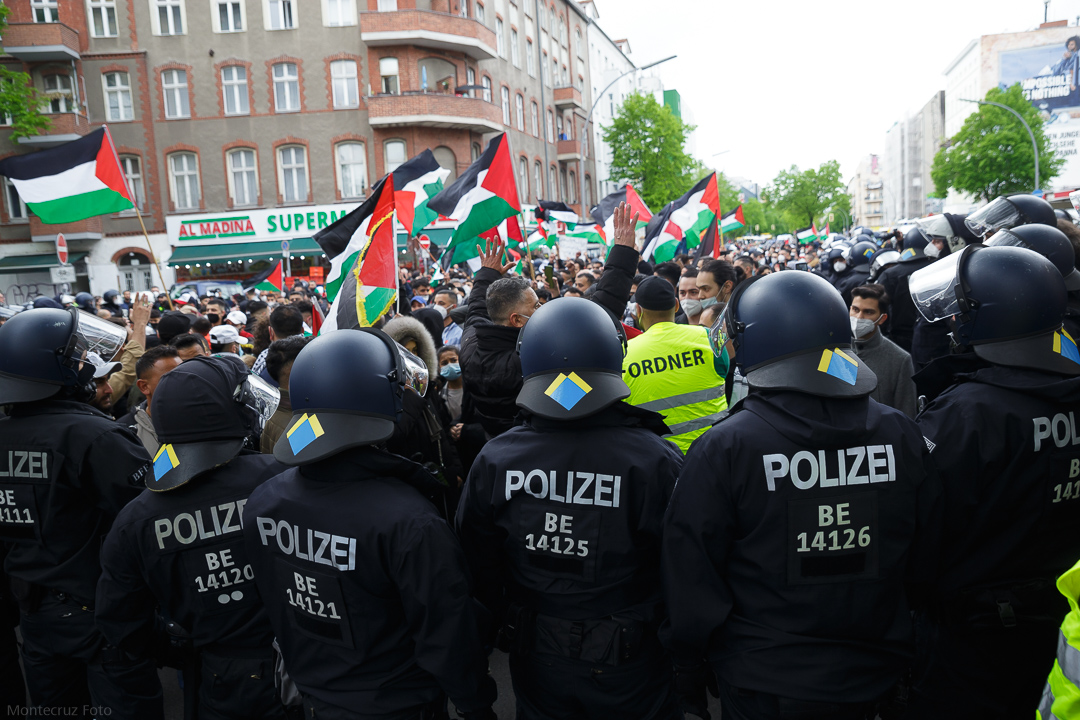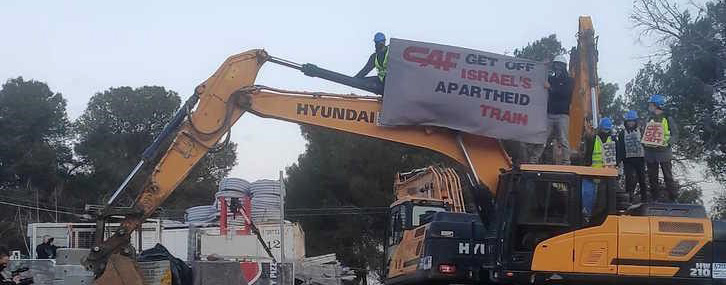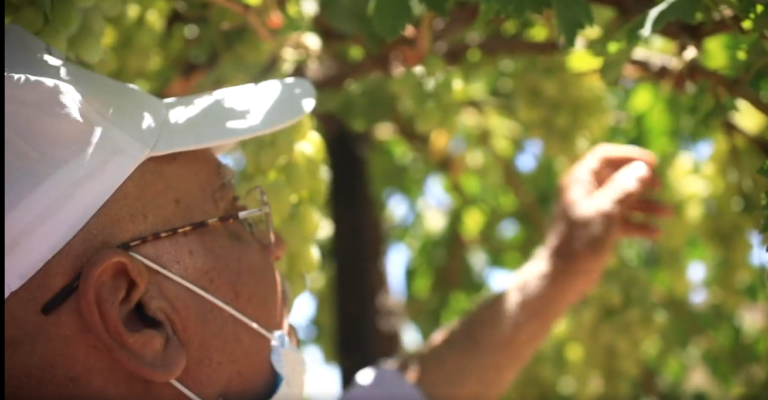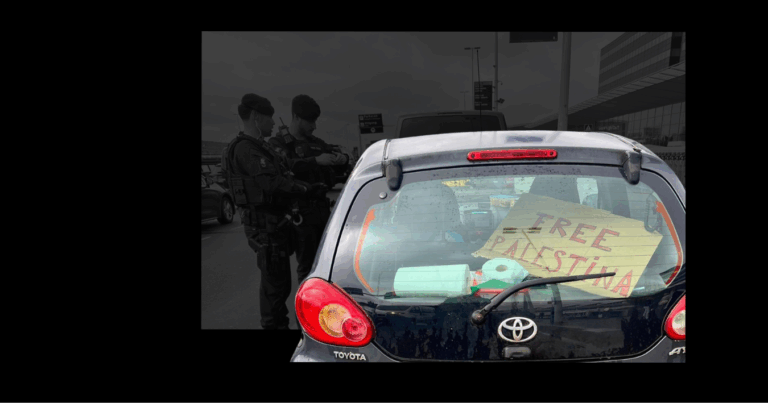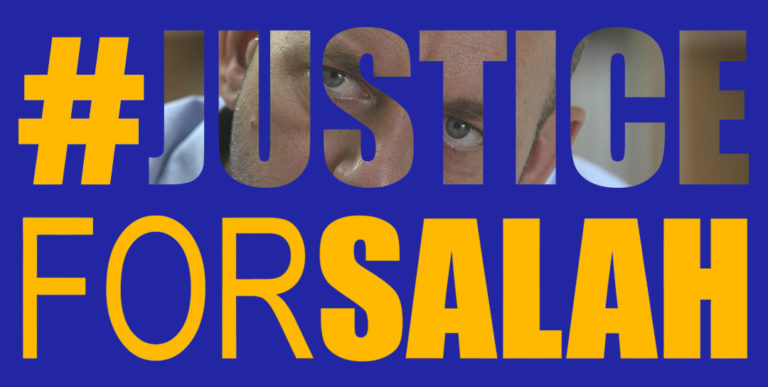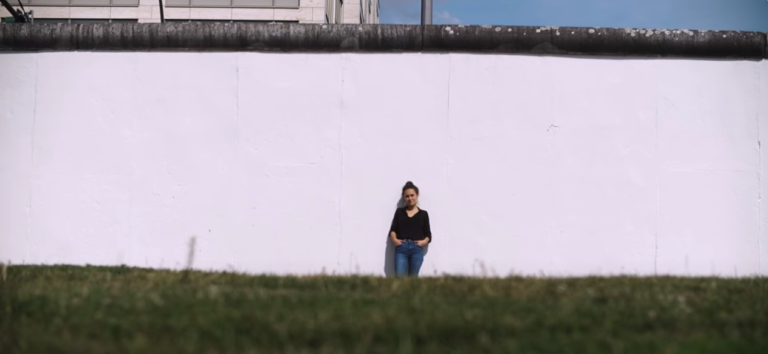The ELSC Demands Accountability After Police Repression in Berlin on 15th of May 2022
Last week, the ELSC sent a letter to UN Special Rapporteurs on contemporary forms of racism, on freedom of opinion and expression, and on freedom of peaceful assembly and of association, following its previous communication alerting on urgent threats to freedom of expression and freedom of assembly in Berlin ahead of Nakba day.
On 13 May 2022, the Berlin police, with a stamp of approval from Berlin’s Higher Administrative Court, prohibited public gatherings to be held over the weekend in commemoration of the 74 years of the Nakba and in remembrance of Shireen Abu Akleh, a Palestinian journalist killed by the Israeli army. The police’s decision was based on unfounded allegations, using a language that amount to Anti-Palestinian racism, and constituted an arbitrary and disproportionate limitation to fundamental freedoms, as stated in our first communication.
On 15 May 2022, individuals spontaneously took to the streets of Neukölln to observe a moment of silence in honour of the slain journalist. In different locations in Berlin, they were met with brutal police repression. Police officers used a kettling technique to encircle and detain groups of people, to collect their personal details and individually photograph them.
Activist Ramsy Kilani, who was manhandled by police officers, recounts:
“Beyond media attacks, anti-Palestinian racism has by now reached a new level of violent repression and crackdowns on anything visibly Palestinian in Germany. As Palestinians, we were not even allowed to commemorate our tragedy, the Nakba, in silence, without being assaulted and having our fundamental rights abolished by the police and official institutions in Berlin. These attacks on us and on me personally have retraumatized me, but they have not succeeded in taking our will to resist this injustice and to continue the struggle for Palestinian human rights”.
The police intervention represents an egregious and targeted limitation of fundamental freedoms enshrined in German basic law, European Human Rights Law and international law.
Against this backdrop, Human Rights Watch also raised concerns about the incidents, designating the pre-emptive ban as “an extreme restriction that effectively works as a collective punishment on those who wish to peacefully assemble, based on speculation over potential unlawful acts of a minority”. Manu Pineda, Member of the European Parliament, asked the EU Commission to determine that the ban on protests violates Articles 10, 11 and 12 of the EU Charter of Fundamental Rights.
The ELSC, therefore, ask the relevant UN Special Rapporteurs to: a) request an explanation from the competent authorities of the City of Berlin; b) publicly denounce the violations of the rights to freedom of expression, freedom of assembly and the right of non-discrimination; c) take the necessary steps to ensure that any of the person(s) responsible for the alleged violations are hold accountable.
Photo: cc Montecruz Foto | 14.05.2021 – Free Palestine demo in Berlin

